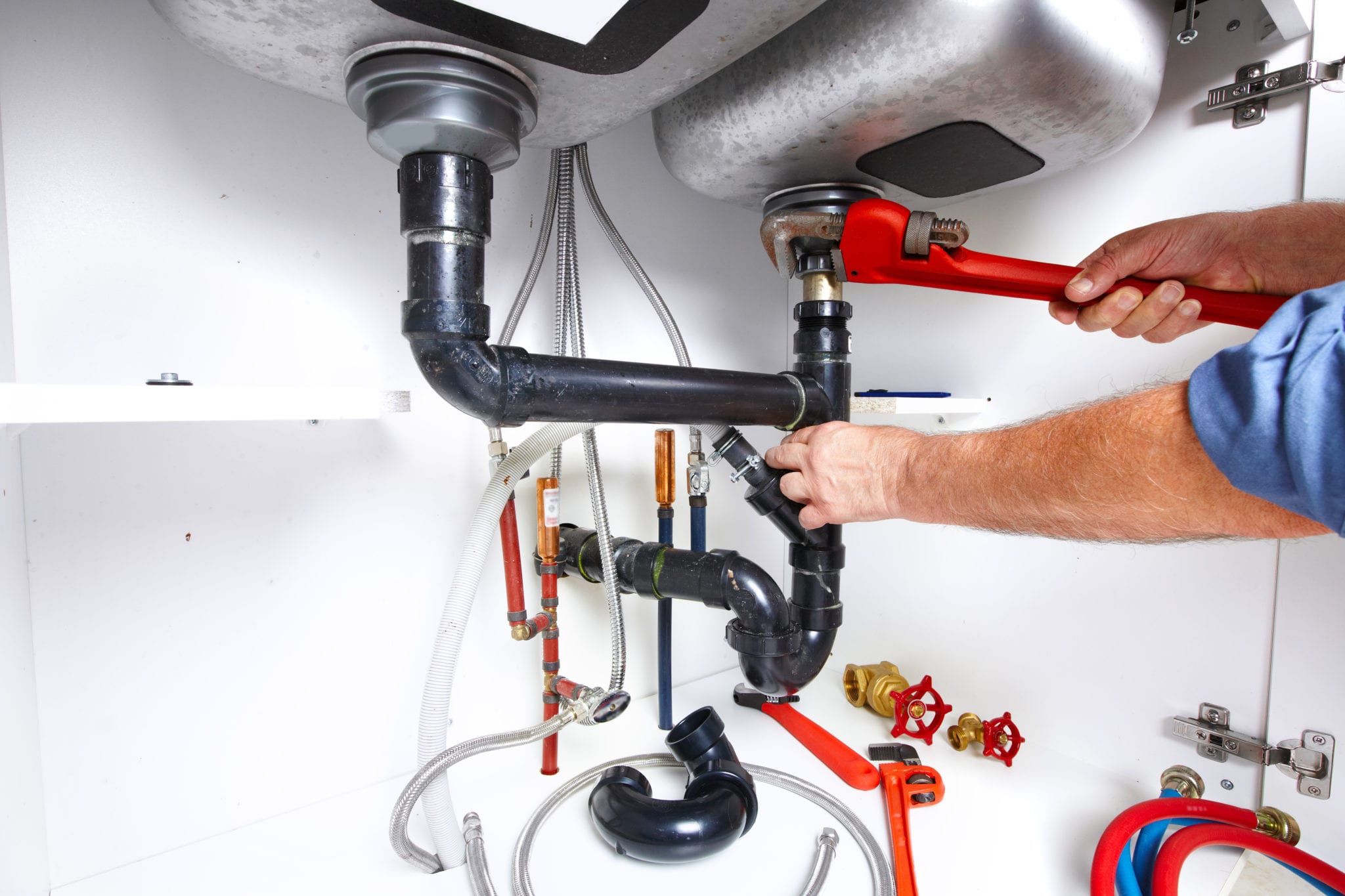Just how to Inspect If Your Home Has a Surprise Leakage
Just how to Inspect If Your Home Has a Surprise Leakage
Blog Article
Each person is bound to have their own unique assumption about Locating water leaks.

Early detection of leaking water lines can mitigate a potential calamity. Some small water leakages might not be noticeable.
1. Analyze the Water Meter
Every home has a water meter. Examining it is a surefire way that assists you uncover leaks. For beginners, turn off all the water sources. Make certain nobody will purge, use the tap, shower, run the washing equipment or dishwashing machine. From there, most likely to the meter as well as watch if it will certainly alter. Since nobody is using it, there need to be no activities. If it moves, that shows a fast-moving leak. Likewise, if you spot no changes, wait an hour or more and check back once more. This means you might have a sluggish leak that might also be underground.
2. Check Water Consumption
Evaluate your water expenses and track your water usage. As the one paying it, you must see if there are any kind of discrepancies. If you spot sudden changes, despite your intake coinciding, it suggests that you have leakages in your plumbing system. Bear in mind, your water costs need to drop under the very same array every month. A sudden spike in your costs shows a fast-moving leakage.
Meanwhile, a steady increase every month, despite having the same habits, reveals you have a slow leakage that's additionally slowly escalating. Call a plumber to extensively examine your home, especially if you feel a warm location on your floor with piping beneath.
3. Do a Food Coloring Examination
When it comes to water consumption, 30% comes from commodes. If the color in some way infiltrates your bowl throughout that time without flushing, there's a leak in between the container as well as bowl.
4. Asses Exterior Lines
Don't fail to remember to examine your outside water lines also. Needs to water seep out of the connection, you have a loosened rubber gasket. One little leakage can squander bunches of water and surge your water expense.
5. Assess the situation as well as check
Home owners need to make it a habit to check under the sink counters as well as also inside closets for any kind of bad odor or mold and mildew growth. These two red flags suggest a leak so timely focus is required. Doing routine evaluations, even bi-annually, can conserve you from a major trouble.
Inspect for discolorations and weakening as the majority of pipelines as well as home appliances have a life span. If you think leaking water lines in your plumbing system, do not wait for it to intensify.
Early detection of leaking water lines can minimize a possible catastrophe. Some tiny water leakages might not be visible. Examining it is a guaranteed way that helps you uncover leaks. One tiny leakage can squander heaps of water as well as spike your water bill.
If you believe dripping water lines in your plumbing system, do not wait for it to escalate.
5 Signs that Your Home Has a Hidden Leak
Your water bill is unusually high without explanation
Generally, your water bill tends to stay consistent throughout the year as long as the same number of people live in your household year round. The bill might be higher during certain times of the year, such as summer, when your lawn may require more watering than it does in cooler months. However, if you notice a rise in your water bill that you can’t explain, it’s an indicator that there’s a hidden leak somewhere in your home.
You hear running water
One of the biggest signs that you have a water leak is the sound of rushing water when no plumbing fixtures are on and when no water-using appliances are running. If you hear running water in your walls when no water is being used anywhere in your home, locate your home’s main water shut-off valve, shut off your water supply, and contact a plumber at once.
Your home smells musty
Hidden leaks often occur in dark spaces, such as behind walls or under carpeting. Incidentally, darkness and moisture can create an ideal breeding environment for mold or mildew. If you start to smell mildew or the scent of rotting wood or stagnant water around your home, it’s a fair bet that a leak is the culprit.
You find wet spots around your home
The wet spots usually show up as moist areas in your carpeting. If your home has a basement level, puddles on the floor could indicate a slab leak. Outside, unexplainable puddles or lush, green patches in your yard often mean that there’s a leak in your sewer line or main water line.
You have stains, bubbles, or condensation on your walls/ceiling
Stains or condensation on your walls or ceiling are both major signs of a hidden leak. Also, drywall (AKA. sheetrock) is very absorbent, and as it takes on more water from a leak behind a wall, it will start to bubble, swell, or warp. If you see this happening in your home, don’t wait to contact a plumber before the water damage spreads.
https://www.ezflowplumbingaz.com/blog/2019/june/5-signs-that-your-home-has-a-hidden-leak/

We are very curious about Detecting hidden plumbing leaks and I am hoping you liked my blog entry. You should take a moment to distribute this blog entry if you appreciated it. Thank you for taking the time to read it.
Report this page